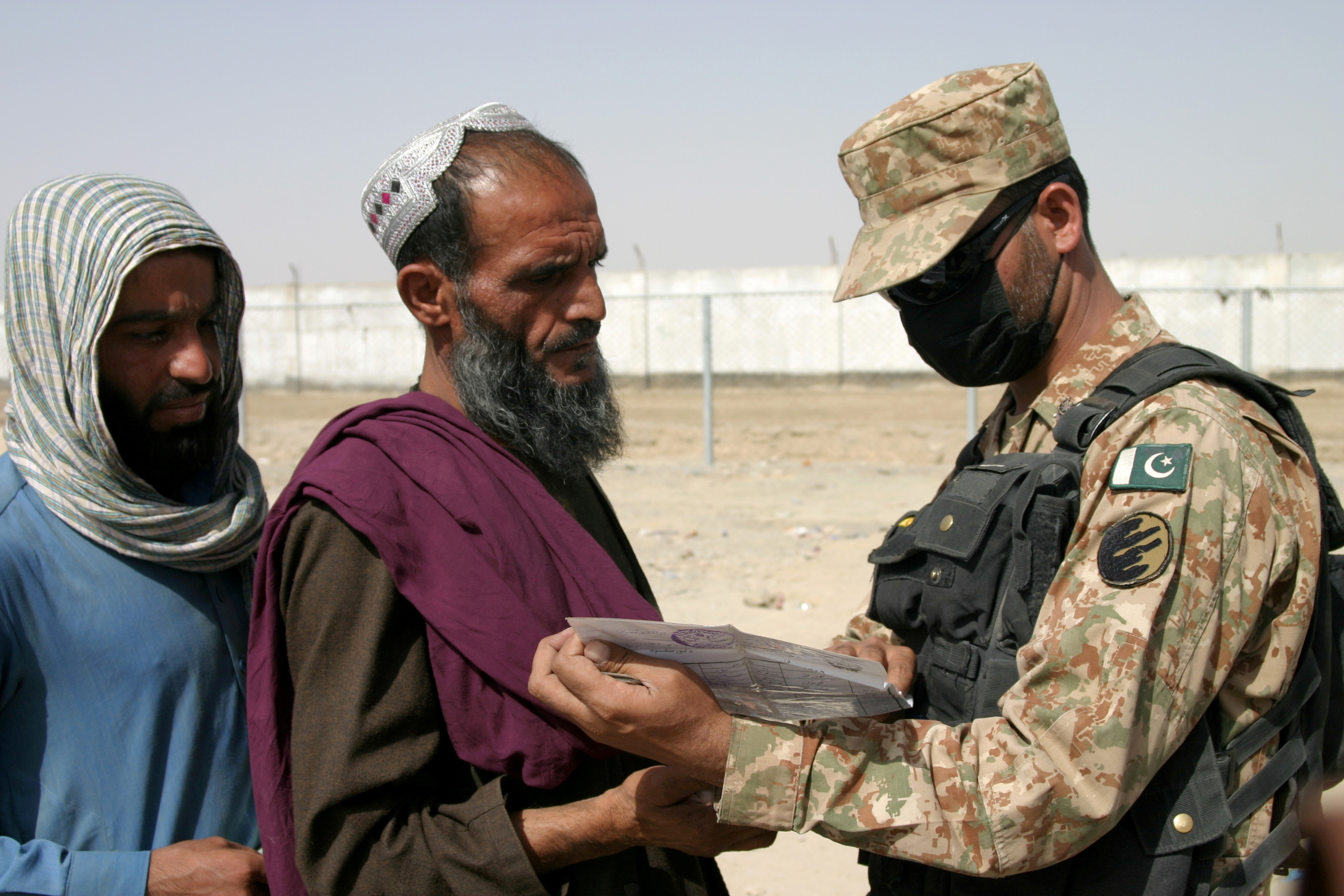
by Shah Khalid 29 November 2023
Afghanistan stands as a critical factor in shaping Pakistan’s security landscape, exerting a substantial influence on the nation’s strategic calculus. The intricate interplay between the two neighboring countries is characterized by a myriad of challenges, including cross-border terrorism, refugee issues, and geopolitical complexities. The security situation in Afghanistan has a direct bearing on Pakistan’s stability, with the porous border providing a conduit for the spillover of conflicts and insurgencies. As a result, Pakistan’s security policies are intricately tied to developments in Afghanistan, requiring a delicate balance of diplomatic engagement, border management, and counterterrorism efforts.
In recent times, Pakistan has grappled with a complex and precarious security landscape, marred by a surge in militant attacks, political turbulence, and challenges along its borders. The country’s military recently thwarted an attack by a group of fighters on an air force training base in the Mianwali area. Although the attack was successfully averted, the damage caused to three grounded aircraft and a fuel tanker highlighted the persisting security threats faced by the nation.
This attack was claimed by a newly surfaced group, Tehreek-e-Jihad Pakistan (TJP). This group, along with the ideologically aligned Tehreek-e-Taliban Pakistan (TTP), has been responsible for a series of attacks, contributing to the escalating violence within Pakistan. The country’s caretaker Prime Minister, Anwaar ul-Haq Kakar, lauded the swift response of Pakistan’s air force and emphasized the nation’s unwavering determination to resist any attempts that undermine its security.
These incidents of violence come on the heels of a deadly ambush on a military convoy in southwest Baluchistan province, resulting in the tragic loss of 14 soldiers. Additionally, a separate bomb and gun attack on a police vehicle claimed three lives and left more than 20 people injured. These events underscore the concerning trend of rising violence across Pakistan, attributed to groups like TJP and TTP.
This surge in violence has been concurrent with the nation’s political and economic crises, contributing to a general decline in law and order. Pakistan witnessed a notable spike in armed attacks in August, with 99 incidents reported— the highest number in a single month since November 2014, according to data from the Pakistan Institute for Conflict and Security Studies. These distressing statistics underscore the pressing need for effective strategies to curb the escalating violence.
The tribal regions bordering Afghanistan have historically served as havens for armed groups. Following the 2014 attack on an army-run school that resulted in the loss of more than 150 lives, mostly children, Pakistan’s military undertook extensive operations against these groups along the Afghan border. The subsequent transformation of these regions into fully controlled districts aimed to eradicate local and foreign fighters. However, occasional attacks persist, indicating the persistent challenges despite military efforts.
Amid these security crises, Pakistan is gearing up for its national elections scheduled for February 8. The looming elections are set against a backdrop of escalated security concerns, posing a challenge to the country’s political landscape. The increase in violent incidents is likely to have implications for the election process, raising questions about the feasibility of conducting a free and fair election in such a volatile environment.
The multifaceted challenges faced by Pakistan demand a comprehensive approach. Balancing the need for security measures against the backdrop of ongoing political and economic crises is crucial for the nation’s stability. It is imperative for the country to address the root causes of the escalating violence while navigating the impending elections.
Furthermore, amidst the rising threats and challenges, sustaining stability is crucial not just for the political process but also for the overall well-being and safety of the nation’s populace. The road ahead for Pakistan necessitates a concerted effort to reinforce security measures, address political instabilities, and navigate the persistent threats along its borders. The country must strive to maintain stability and security as it navigates through these challenging times.
